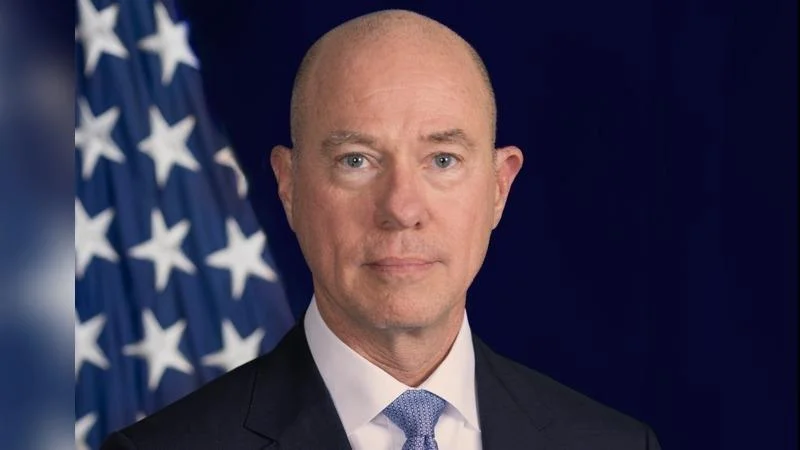U.S. Transportation Secretary Sean P. Duffy and Federal Aviation Administration (FAA) Administrator Bryan Bedford have announced a set of measures aimed at maintaining safety in the national airspace system amid ongoing staffing challenges. The FAA will temporarily reduce flights by 10 percent at 40 major airports across the United States.
The decision comes as air traffic controllers continue to work without pay due to a government shutdown, leading to increased strain on the system. Over the past weekend, there were 2,740 flight delays reported at various airports.
“My department has many responsibilities, but our number one job is safety. This isn’t about politics – it’s about assessing the data and alleviating building risk in the system as controllers continue to work without pay,” said U.S. Transportation Secretary Sean P. Duffy. “It’s safe to fly today, and it will continue to be safe to fly next week because of the proactive actions we are taking.”
“We are seeing signs of stress in the system, so we are proactively reducing the number of flights to make sure the American people continue to fly safely,” said Federal Aviation Administrator Bryan Bedford. “The FAA will continue to closely monitor operations, and we will not hesitate to take further action to make sure air travel remains safe.”
A phased reduction in operations will begin with a 4 percent decrease starting Friday, November 7. This reduction will increase incrementally: 6 percent by November 11, 8 percent by November 13, and reaching 10 percent by November 14.
Other measures include prohibiting certain visual flight rule approaches at facilities experiencing staffing issues and restricting commercial space launches and reentries to nighttime hours between 10:00 p.m. and 6:00 a.m. local time. Parachute operations and photo missions near affected facilities will also be suspended.
These steps follow an analysis of aviation safety data collected from confidential reports filed by pilots and controllers, which indicated growing stress within the system that could raise safety risks.
Airlines impacted by these reductions must provide full refunds for canceled or delayed flights but are not required to cover secondary costs such as accommodation or meals—standard procedure when disruptions are not caused by carrier fault.
International flights are exempt from mandatory reductions; airlines can choose which domestic flights they cancel in order to comply with the order's requirements.
Future changes to these restrictions will depend on continued monitoring of safety data.
The list of affected airports includes major hubs such as Hartsfield-Jackson Atlanta International Airport (ATL), Los Angeles International Airport (LAX), Chicago O’Hare International Airport (ORD), John F. Kennedy International Airport (JFK), Dallas/Fort Worth International Airport (DFW), among others.





